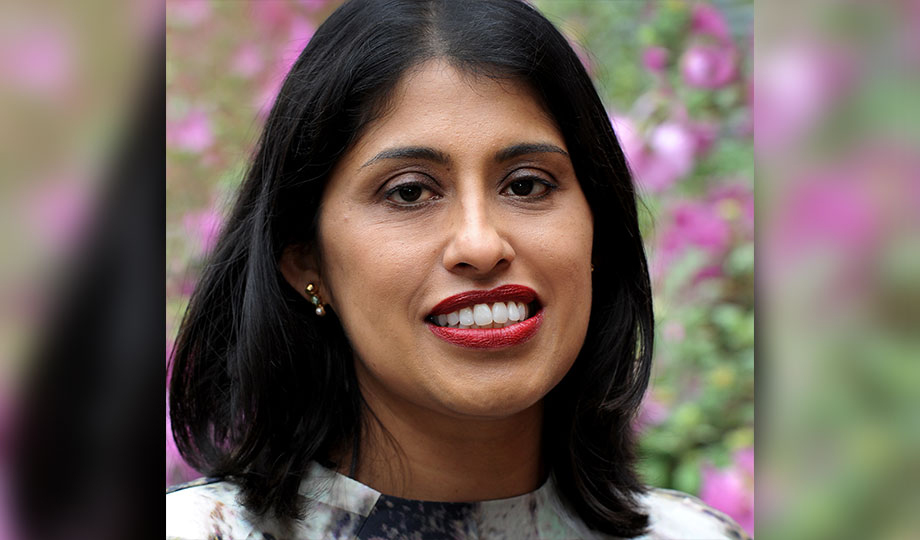The BBC vowed yesterday to avoid using the catch-all term when talking about race after a new report led by Brunel’s Professor Sarita Malik.
Along with ITV, Channel 4 and Channel 5/ViacomCBS UK, the corporation pledged ‘wherever possible’ to replace the ‘divisive' acronym towards more specific terms or use the words 'black, Asian and minority ethnic' in full.
‘BAME is no longer fit for purpose as a collective term in describing a group of people who do not identify as white,’ said the BBC commissioned report.
Brunel Professor of Media Culture and Communications, Sarita Malik steered a team of researchers writing for the Sir Lenny Henry Centre for Media Diversity.
“I am really encouraged to see the report has catalysed a cross-organisational response from all the major broadcasters,” said Prof Malik.
“This is about building trust with audiences and listening to what is a clear rejection of the term, according to the report’s findings. At the heart of the issue is a power dynamic; a power dynamic between those who have the power to label and those who are labelled’.

“We were confident, when the BBC approached us, that it was keen to bring in rigorous insights to better understand the issue. I am pleased to see that academic-led approaches have helped to trigger this change within the creative sector.”
Based on interviews and audience and social media research, the report found the phrase created confusion and could cause stigma and marginalisation. Researchers said attitudes towards the use of the term ‘BAME’ are shifting dramatically as awareness grows, helped by movements such as Black Lives Matter.
Recommendations, which also apply to internal and external corporate communications, content and editorial news content, include:
- Dropping use of the term BAME in verbal reporting
- Removing the use of the term BAME from print headlines
- Directly specifying groups referred to in news stories where possible
Miranda Wayland, BBC head of creative and workforce diversity and inclusion, said: “Ensuring that the rich and complex lived experiences of individual ethnic groups are accurately reflected and truthfully portrayed on air and properly recognised in our workplace speaks to our ongoing commitment and investment in greater inclusion.”